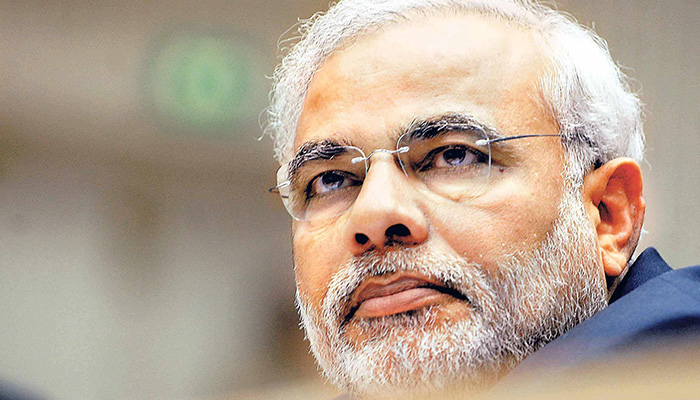In the mid 1920s, a brilliant young man felt suddenly confused & disappointed. Born in a tiny village where most of his friends spent their time playing in muddy waters, this shy, introverted boy preferred to regularly walk deep into the woods and read popular English literature under the cool breeze of banyan trees. Soon, he began to compose his own poems, and by the age of 15, he had already published his own booklet of short English poems. As he moved to a bigger city to pursue higher education, he continued publishing more poems & plays, and his literary charm impressed many, including his University Professors who had no hesitation in hailing him as the next Wordsworth or Milton. However, things took a U-turn when this young man gifted his latest composition of poems to a very Popular Visiting Professor at the University, and sought his honest feedback. While the Professor acknowledged the young man's efforts in expressing his creativity in a "foreign language", he then went on to ask him why couldn't he do the same in his own language so that he could primarily reach out to his own people. That feedback actually disappointed the young man, because it meant setting aside his deep passion for English literature, and to freshly start working on his own language. After a lot of introspection, he felt that advice was right, and took the plunge as a Kannada poet. Within years, he produced some of the greatest Kannada literary works, including his Magnum-Opus based on Hindu Epics, for which he was identified as one of the earliest Poets in India to be honored with the highly coveted Jnanapeetha Award. That young man's name was Kuppali Venkatappa Puttappa (Kuvempu).
In the mid 1920s, a brilliant young man felt suddenly confused & disappointed. Born in a tiny village where most of his friends spent their time playing in muddy waters, this shy, introverted boy preferred to regularly walk deep into the woods and read popular English literature under the cool breeze of banyan trees.
Soon, he began to compose his own poems, and by the age of 15, he had already published his own booklet of short English poems. As he moved to a bigger city to pursue higher education, he continued publishing more poems & plays, and his literary charm impressed many, including his University Professors who had no hesitation in hailing him as the next Wordsworth or Milton.
However, things took a U-turn when this young man gifted his latest composition of poems to a very Popular Visiting Professor at the University, and sought his honest feedback. While the Professor acknowledged the young man's efforts in expressing his creativity in a "foreign language", he then went on to ask him why couldn't he do the same in his own language so that he could primarily reach out to his own people.
That feedback actually disappointed the young man, because it meant setting aside his deep passion for English literature, and to freshly start working on his own language. After a lot of introspection, he felt that advice was right, and took the plunge as a Kannada poet. Within years, he produced some of the greatest Kannada literary works, including his Magnum-Opus based on Hindu Epics, for which he was identified as one of the earliest Poets in India to be honored with the highly coveted Jnanapeetha Award.
That young man's name was Kuppali Venkatappa Puttappa (Kuvempu).



Comments